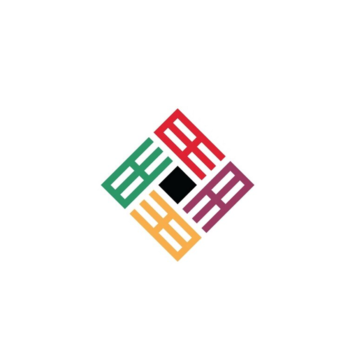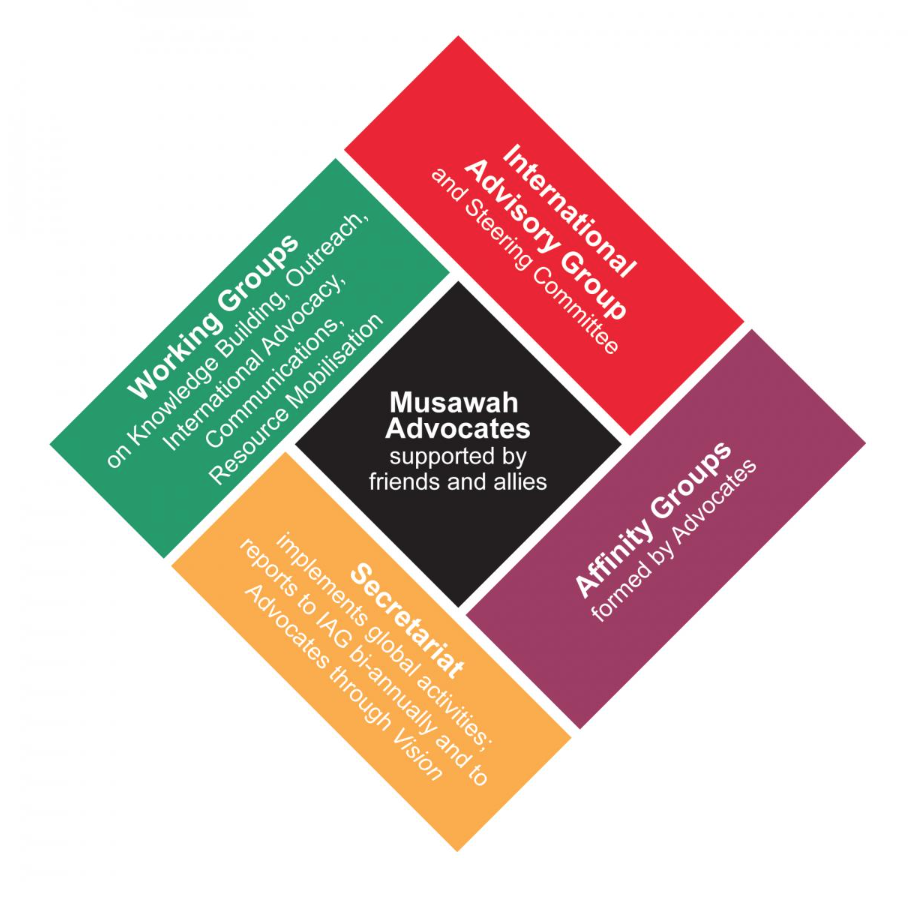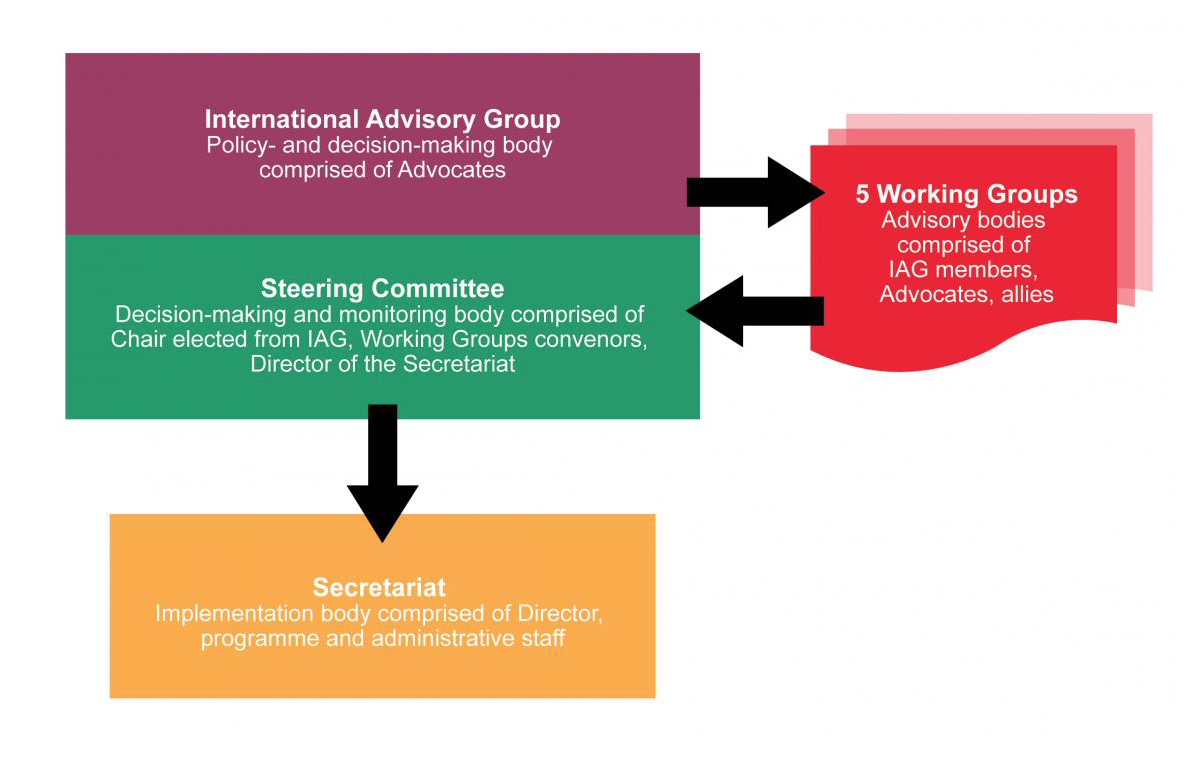In the early days of Islam in the 7th century, when interpretations of the Quran were not as set in stone and institutionalized, the religion offered more rights to women than many western cultures. For example, marriage was seen as a contract rather than a social status for women; female infanticide was prohibited and women were given inheritance rights. However, as centuries passed and rigid interpretation of the Quran became normalized and the leadership of the patriarchal societies in the Arab World standardized and systematized the repression of women, Muslim women lost more independence and agency. Modern Islamic feminism began in the nineteenth century as a rejection of some repressive practices that were "justified" by religion. For example, polygamy, the veil, and purdah (sex-segregation in Islam) were criticized, but only by a small number of Muslims. Over the next century and a half, Islamic feminism gained momentum; however, it looked very different from the classic political movement of feminism that was making leaps and bounds in the West. Muslim women wanted to advocate for female agency within the framework of Islam. It is anchored within the discourse of the Quran and Islamic feminists interpret the text through a feminist lens. In the twentieth and twenty first centuries, many Muslim women reject using Islam as justification for many repressive policies in the Arab world, as they believe that feminism and progress are possible within the context of the religion. Islamic feminists oppose the conservative interpretation of the Quran and the patriarchal discourse that has dominated the Middle East for so long.
In March of 2007, twelve women met in Istanbul to form a planning committee in order to start a conversation about equality in the Muslim family. The word “musawah” means equality in Arabic (مساواة), and the founders chose this word as representative of the Islamic Feminist movement and its efforts to reclaim equality and justice in the Muslim family. They wanted to build an international network to share scholarship, strategies, and best practices on work related to family laws in Muslim contexts. In 2009, the group held their first Global Meeting in Kuala Lumpur and officially launched the organization. Since then, the organization has expanded and become a leader within the Islamic feminist movement.
Watch the opening video of the 2009 Global Meeting below!
This group is composed of progressive people of the Muslim faith. As an organization, it is pluralistic and inclusive, bringing together NGOs, activists, scholars, legal practitioners, policy makers and grassroots women and men from around the world. The Islamic Feminist group is a sub-movement within the larger International Feminist movement. They relate with the general political and cultural goals of the International Feminist movement; however, Muslim women are in a different position than many women from other regions because of the religious restrictions that have been incorporated into many Arab regimes. Because of this, their goals are less lofty than those of many other feminists globally. However, Islamic feminists do benefit from interaction with other feminist sub-movements as they can share campaigns and resources, even if their basic ideological compositions are not identical.
The Musawah community includes advocates, allies, affinity groups, working groups, the International Advisory Group and its Steering Committee, the Musawah Secretariat, and all men and women who has a stake and is involved with Musawah's work.
The International Advisory Group, formed in February 2010 to replace the original Planning Committee for the group's first Global Meeting. It is Musawah's highest policy and decision making body, consisting of 13 advocates who provide strategic direction, leadership, provide feedback on Musawah's programs and activities, and help guide the broad direction of the organization. The smaller Steering Committee works with the Musawah Secretariat (explained below) to make program decisions and monitor general implementation of the movement.
The Musawah Secretariat is the implementation body comprised of a Director and program/administrative staff.
There are five Working Groups within the organizations each covering an area of work: knowledge building, outreach, international advocacy, communications, and resource mobilization. Each group is led by a convener (or director) and consists of Advocates, IAG members, Secretariat staff members, and allies. The conveners of the five Working Groups are all members of the IAG Steering Committee.
The decision-making hierarchy is shown in the graphic below:




